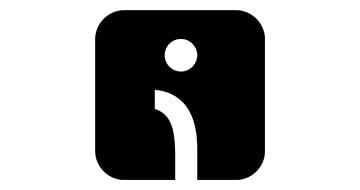
| Starting price | $16/mo |
|---|---|
| Pricing model | Subscriber based |
| Free Trial | 14-day |
| Free Version | Yes |
Discover how CRM software streamlines customer relationship management and improves business operations. Unlock the potential of efficient customer data management, sales automation and personalized marketing.
Find the best value CRM software for your needs.
Discover our carefully compiled list of the best CRM software solutions. Our top picks represent the most valuable options on the market, backed by extensive research. Find the best value CRM software that will drive your business forward.

| Starting price | $16/mo |
|---|---|
| Pricing model | Subscriber based |
| Free Trial | 14-day |
| Free Version | Yes |
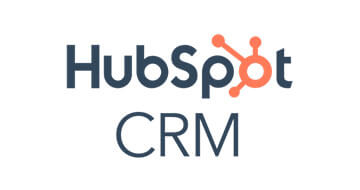
| Starting price | $20/mo |
|---|---|
| Pricing model | Tiered |
| Free Trial | 14-days |
| Free Version | Free (lite) version |
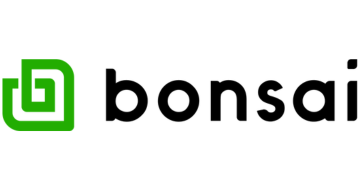
| Starting price | $17/month |
|---|---|
| Pricing model | Per User |
| Free Trial | Yes |
| Free Version | No |
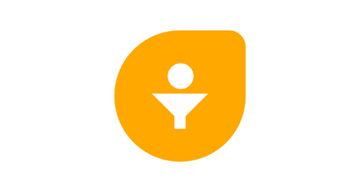
| Starting price | $18/mo |
|---|---|
| Pricing model | Per-user |
| Free Trial | 21-day |
| Free Version | Yes |
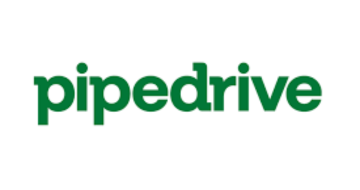
| Starting price | $15/mo |
|---|---|
| Pricing model | Per User |
| Free Trial | 14-day |
| Free Version | No |
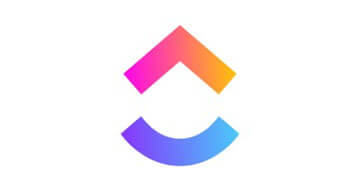
| Starting price | $9/mo |
|---|---|
| Pricing model | Per User |
| Free Trial | No |
| Free Version | Yes |
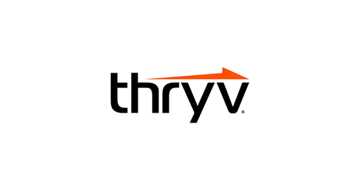
| Starting price | Quote only |
|---|---|
| Pricing model | User-based |
| Free Trial | 7-day |
| Free Version | No |
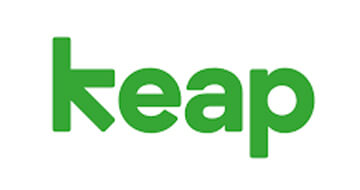
| Starting Price | $40/mo |
|---|---|
| Pricing Model | Subscriber based |
| Free Trial | 14-day |
| Free Version | No |
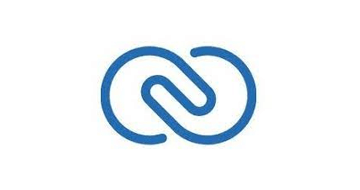
| Starting price | $14/user/month |
|---|---|
| Pricing model | Tiered per user |
| Free Trial | 15-day |
| Free Version | Yes (3 users) |
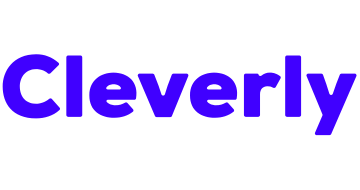
| Starting Price | $297/ month |
|---|---|
| Pricing Model | Subscriber based, Quotation based |
| Free Trial | No |
| Free Version | No |
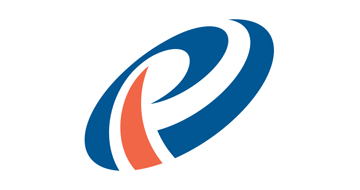
| Starting price | $65/mo |
|---|---|
| Pricing model | Per User |
| Free Trial | 14-day |
| Free Version | Yes |
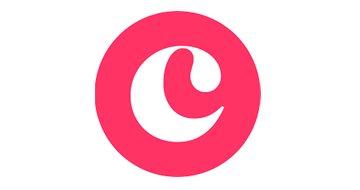
| Starting price | $29/mo |
|---|---|
| Pricing model | Per User |
| Free Trial | 14-day |
| Free Version | No |
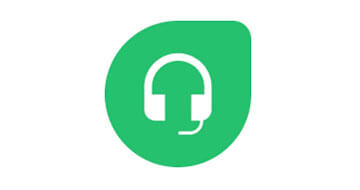
| Starting price | $18/mo |
|---|---|
| Pricing model | Per User |
| Free Trial | 21-day |
| Free Version | Yes |

| Starting price | $19/mo |
|---|---|
| Pricing model | Per User |
| Free Trial | Yes (upon request) |
| Free Version | No |
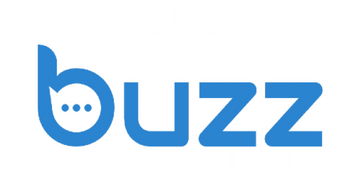
| Starting Price | US$95 per month |
|---|---|
| Pricing Model | Tiered Pricing |
| Free Trial | No |
| Free Version | No |
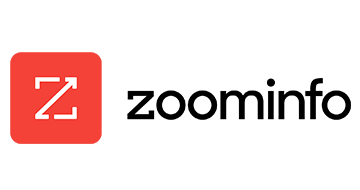
| Starting Price | Contact ZoomInfo for a quote |
|---|---|
| Pricing Model | Quotation based |
| Free Trial | Yes |
| Free Version | No |

| Starting price | $25/mo |
|---|---|
| Pricing model | Per User |
| Free Trial | 14-day |
| Free Version | No |
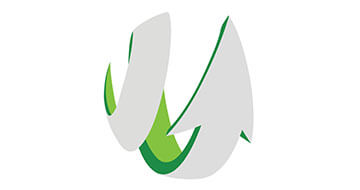
| Starting Price | $399/month |
|---|---|
| Pricing Model | Usage-based |
| Free Trial | 14-day |
| Free Version | No |
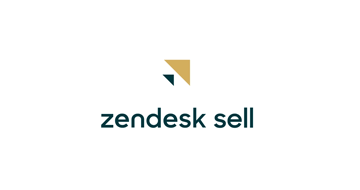
| Starting Price | $19 per month |
|---|---|
| Pricing model | Per User |
| Free Trial | 14 days |
| Free Version | No |

| Starting price | $149/mo |
|---|---|
| Pricing model | Per User |
| Free Trial | 14-day |
| Free Version | No |
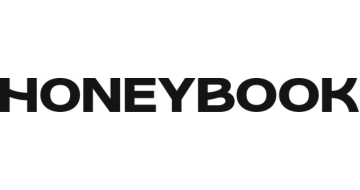
| Starting Price | $39/month (sales tax excluded) |
|---|---|
| Pricing Model | Subscriber based |
| Free Trial | No |
| Free Version | No |

| Starting price | $9.80/mo |
|---|---|
| Pricing model | Per User |
| Free Trial | 14-day |
| Free Version | Yes |
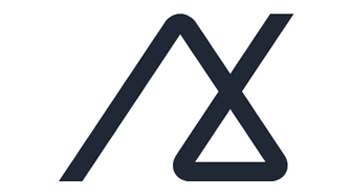
| Starting Price | $19/mo |
|---|---|
| Pricing Model | Per User |
| Free Trial | Yes |
| Free Version | No |
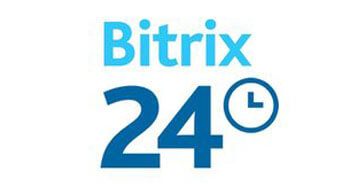
| Starting Price | $49/mo |
|---|---|
| Pricing Model | Per Team |
| Free Trial | 30-days |
| Free Version | Yes |
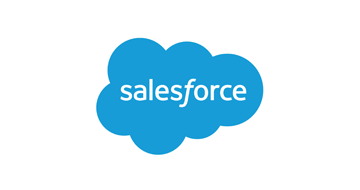
| Starting price | $25/user/month (billed annually) |
|---|---|
| Pricing model | Per User |
| Free Trial | 14-day |
| Free Version | No |
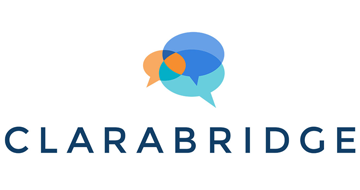
| Starting Price | Contact for price |
|---|---|
| Pricing Model | Quotation based |
| Free Trial | No |
| Free Version | No |
Customer relationship management is a sales software that helps manage all your company’s interactions and relationships with its customers or potential customers. Its goal is to improve business relationships and help you grow your company. It provides many services and helps you stay connected to your customers. The best CRM tools also help streamline processes and improve profitability.
A CRM system will prove itself useful in many fields, including contact and sales management, agent productivity, and more. Customer Relationship Management software programs are used in different industries and fields such as the retail industry, banking, hospitality sections, financial services, insurance, consulting, agriculture, and more.
Such tools can be used to manage relationships across the entire customer lifecycle. This includes sales, marketing, digital commerce, and customer service interactions. Customer Relationship Management software programs are one of the largest enterprise application software programs. The worldwide spend is expected to reach more than USD $114.4 billion by the year 2027.
Of course, for every company, the biggest assets are its customers. That’s why a tool that allows you to manage an effective relationship with them is a must. However, CRM software programs are also widely used for interactions with colleagues, suppliers, B2B partners, etc. A customer relationship management system can help you to:
We have developed a detailed rating methodology to evaluate CRM software based on four key categories: price, ease of use, features, and support. Each software is given an individual score, called a Genius Score, which ranges from 0 to 100, with 100 being the highest score. The Genius Score is determined by a combination of existing external reviews and extensive internal testing by our team. You can learn more about our scoring methodology on our scoring methodology page.
There may be many more options that could easily be added to this checklist, but these are the most important features that the best Customer Relationship Management tools should offer.
The biggest advantage of using such a tool as a business is simply being able to view all the data together in a concise and relevant manner. All the best CRM tools will allow you to do this in some way or another.
Furthermore, a good tool will allow you to perform intelligent searches on your database. For example, one use of this type of system would be to find all the clients with whom there has been no communication in a certain amount of time, say, a month or more. Learn more about its numerous benefits above.
As was briefly mentioned above, these kinds of tools have several amazing uses as far as monitoring your outreach and marketing processes go. The most basic and obvious of these is sending out mass emails that are still customized based on specific users’ information.
A CRM system has the ability to automate manual, repetitive tasks to improve productivity and streamline work. Automation can encompass a range of functions across sales, service activities, and marketing.
Perhaps one of the most powerful benefits that a quality piece of software can provide you and your business with is the data analysis tools. These grow in potential as more and more data is harvested and collated by the software within the database.
As things move forward with your business, a customer relationship management software program can often provide valuable insight into the best and/or most viable marketing strategies to use with different customers. It can also help you decide how to segment your customers properly for maximum effect. The best software will do this by using pattern recognition algorithms or other tools that are similar in nature.
In general, it’s a good idea to look for a tool that has multiple options for importing and working with existing data. As a bare minimum, it should accept imports in .csv format, as well as .xls and similar. This depends a lot on how much information your business already has stored up, naturally.
The import tool can detect your type of data information and offer you matching options. The Data Import Tool lets you update you upload new records or put existing data into your system.
The basic metric for how one could measure the ease of use of any tool of this type would be how quickly you can search for and find the data you are looking for in any given situation. A good tool focuses on good visualization of data, allowing you to find whatever you may be looking for in mere seconds, not minutes, and the best CRM systems do that.
Tools that are easy and straightforward to use will help make your team’s workflow simpler and frustration-free. An easy-to-use program is crucial for your team’s overall job satisfaction because it helps them focus on what’s most important like clients and contacts.
Some pieces of software will rely on plugins and/or extensions of some sort to add functionality on a more à la carte basis. Often, these plugins will be supplied by not only the company producing the main software but by third parties as well. The most popular tools or platforms often have a mind-boggling array of these add-ons available.
Often, a company’s perfect situation may be brought about by adding the right add-ons to the right CRM tool to get the feature set that is desired by that company. This may very well be the case for your company as well. The CRM software cost may be linked to the number of add-ons it provides.
The process of customer segmentation means dividing a market into customer groups that share similar features. The segmentation allows a company to understand better which customers are the most profitable, so they can determine how to market to them.
A consumer’s lifecycle can be analyzed from knowing their purchase history and what is likely that they will spend in the future. The best CRM tools allow you to sort contacts by collecting data about them. It might filter by location, deal stage, or company size. This way, your team will always have a clear idea of how to outreach each segment.
Custom relationship management tools will ensure that your team communication is facilitated. To maintain a good brand image, communication is crucial among all representatives who are interacting with prospects. A company has also to ensure that representatives of the company are learning from each other and are working together to reach their quota.
Customer relationship management software allows your team to tag representatives and managers on specific deals they want them to bring onto. You can also use the tool to reassign specific leads. Also, members don’t need to leave the system if they want to send emails to other team members to have these kinds of discussions because all communications can be facilitated in an easy way from within the tool.
No matter your company’s size, a Customer Relationship Management tool is always useful to any business type. Evidently, not every tool can work for your company because they are developed to fulfill the needs of specific company sizes. But it is possible for you to find a tool type that fits your requirements. They all have their differences and often take diametrically different approaches to how they do their work and take care of the same tasks. That’s why it’s best for your company to stay using software that fits your size and needs.
There are some differences between enterprise systems and smaller ones. Most of these differences come from the complexity of running a huge organization compared to running a smaller size one.
An enterprise system is tailored to big-size companies with more needs. These organizations often have multiple teams and even departments, and all of them are relying on instant access to the company’s data. Enterprise CRM tools allow a higher level of automation, such as solving supply chain challenges or logging customer interactions.
Finding good CRM software for small businesses is not hard as there are plenty for SMEs too. Unlike larger enterprises that have huge resources, SMEs are looking for solutions through the software as a service model. Such businesses are pushing the industry to offer more customizable and scalable solution sets that can readily address their growth plans and quickly evolving requirements.
There are different pricing models for CRM tools. These pricing models include: per user, per month pricing, volume-based pricing, etc. The larger the business, the more it will pay for implementing this tool.
For small businesses with fewer than 20 users, the average implementation cost is between $10,000 and $18,000. For mid-market businesses with 21 to 100 users, the average implementation cost is between $25,000 and $150,000. And, for enterprise businesses with more than 100 users, the implementation cost is between $150,000 to $350,000.
It is important to factor in this CRM software cost into any business plan.